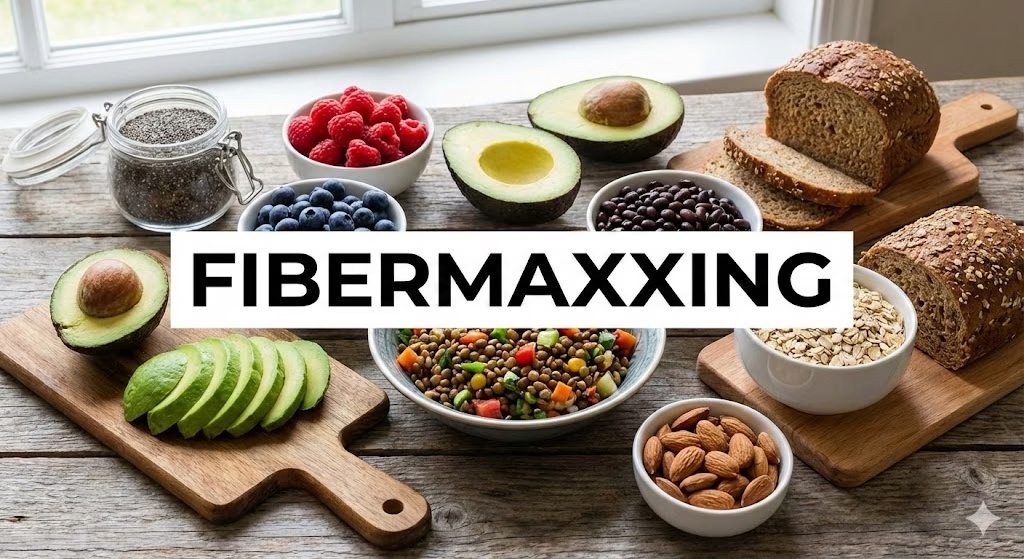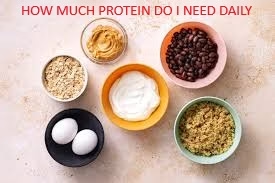
Greek yogurt has earned its place in kitchens, grocery carts, and wellness routines—and it’s not just because of its rich texture or signature tang. This dairy staple has become a go-to for nutrition-conscious eaters and anyone looking for a satisfying, gut-friendly option that’s easy on the stomach. Whether you’re after more protein, better digestion, or a creamy ingredient that works in everything from smoothies to sauces, Greek yogurt delivers.

What Sets Greek Yogurt Apart?
It has everything to do with the way it’s produced. Greek yogurt is strained several times to remove whey and excess liquid, giving it a thicker, creamier texture than traditional yogurt. But benefits don’t end at texture. Owing to straining, Greek yogurt generally has almost double the protein of traditional yogurt, fewer carbs, and less sugar. According to WebMD, this increased protein content serves to enhance fullness and is why it is such a hit among athletes and individuals who are concerned with balanced dieting.

Is Greek Yogurt Safe for Individuals with Lactose Intolerance?
For most, yes. Although Greek yogurt remains cow’s milk and retains lactose, the straining and fermentation process greatly minimizes its content of lactose—often to under 1 gram per ounce. That’s roughly half as much as in regular yogurt and much lower than in milk. The live and active cultures (probiotics) in Greek yogurt also help with digestion by breaking down some of the residual lactose. In people with mild to moderate lactose intolerance, Greek yogurt is generally tolerated.

For the more sensitive, though, lactose-free Greek yogurt choices are available. They are produced by adding lactase enzymes that pre-break down the lactose. As of The Dairy Alliance, there are a number of brands now that provide 100% lactose-free varieties, so you can reap all the rewards without the gastrointestinal distress.

A Nutritional Powerhouse
One six-ounce serving of Greek yogurt can provide 15 to 20 grams of protein—roughly double what you’d get from standard yogurt. It’s also rich in calcium, which supports bone health, and provides essential vitamins and minerals like vitamin B12, potassium, and zinc. As WebMD points out, these nutrients play a key role in everything from energy metabolism to maintaining healthy blood and nerve function.

Probiotic Benefits for Gut Health
Greek yogurt’s probiotic load is yet another highlight. Live microbials in yogurt assist in keeping a healthy equilibrium of bacteria in the gut, which can aid in regularity, enhance nutrient uptake, and even provide a boost to immune health. Certain research also indicates that diets rich in probiotics can reduce cholesterol levels and inhibit the onset of heart disease and type 2 diabetes.

Moving Beyond the Breakfast Bowl
Greek yogurt’s versatility is one of the reasons that make it so precious. It is wonderful by itself, served with fruit, or mixed into oatmeal. But it can also function as a clever swap in many recipes—taking the place of sour cream in tacos, mayonnaise in sandwiches, or cream cheese in dips. It provides creaminess to sauces and soups, mixes into smoothies seamlessly, and can even be incorporated into baking for an added moisture and protein kick.

And its application isn’t limited to cooking. Some use Greek yogurt in their beauty routines, applying it in homemade face masks for its probiotics and vitamin B12, which might decrease redness and enhance skin texture. Its creamy, dense texture also makes it a favorite among natural hair treatments.

What to Look for at the Store
When selecting Greek yogurt, read the label carefully. If you’re concerned about fat, use plain low-fat or nonfat types—but note added sugars, particularly with flavorings. Some of those have more sugar than you’d think. Choose products marked “live and active cultures” so you know you’re getting probiotic goodness. And if you are lactose intolerant, look for lactose-free or use low-lactose options. Plain low-fat yogurts with no added sugars are usually the overall healthiest option according to the NHS.

How Does It Compare to Other Yogurts?
While vegetable yogurts produced from almond, soy, or coconut are suitable substitutes for those with dairy intolerance or on a vegan diet, they tend to have fewer proteins and lack probiotics unless supplemented. Greek yogurt, however, naturally provides orotate and gut-friendly bacteria.

Greek yogurt is more than a popular breakfast food—it’s a convenient, nutrition-rich food that will work in almost any lifestyle. Rich in protein, easy on the digestive system, and full of probiotics, it’s a great choice to include in your diet whether you like it sweet or savory, alone or in a recipe. With low-fat, full-fat, and lactose-free options now on the market, there’s never been a better time to find one that suits your requirements.

Integrate it into your routine however works best for you. If you’re spooning it over granola, blending it into a smoothie, or as a creamy base in recipes that are your favorites, Greek yogurt keeps healthy eating easy, satisfying, and tasty.













